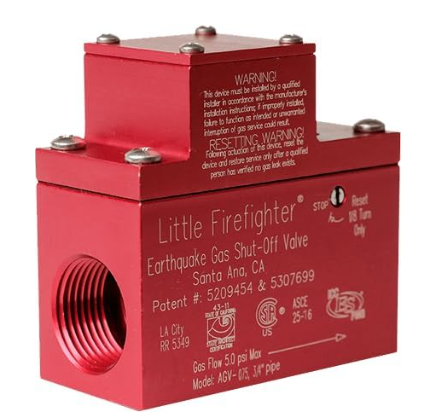My Water Heater Is Leaking - What Should I Do?
- dluger
- Aug 1
- 2 min read
A leaking water heater is one of the most common plumbing emergencies homeowners face. If you’ve spotted water pooling around your unit or noticed moisture underneath the tank, don’t ignore it. Some leaks are harmless, others mean the tank is on its last legs. Here’s what to do immediately, what the leak might mean, and when to call in a pro.
Step 1: Shut Off the Water and Power to Leaking Water Heater
First, stop the water supply:
Look for the cold water shut-off valve at the top of the unit and turn it clockwise until it stops.
Then, cut the power or fuel:
For gas water heaters, turn the gas control to the pilot setting.
For electric water heaters, switch off the breaker at your electrical panel.
This prevents pressure buildup, flooding, and damage while you assess the situation.
Step 2: Find the Source of the Leak
Carefully check these areas:
Top connections or water lines – often caused by a loose fitting or worn seal.
T&P relief valve – this may be discharging due to excess pressure or temperature.
Drain valve near the base – if it’s dripping, it may be faulty or partially open.
Bottom of the tank – if water is coming from underneath, the tank is likely rusted through internally.
Leaks from fittings or valves are usually repairable. A leak from the tank itself means the water heater will need to be replaced.
Step 3: Don’t Ignore It
Even a slow leak can lead to water damage, mold, or a total system failure. If the tank bursts, it can release dozens of gallons of water into your garage or utility room in seconds. The longer you wait, the more you risk.
Step 4: Call a Licensed Plumbing Company
At Water Heater Boys, we inspect leaking units all the time. We’ll determine if your water heater can be repaired or if it needs to be replaced and we never charge a service call fee. You’ll get a clear answer, not a sales pitch.
We handle:
Repairs to valves, fittings, and expansion tanks
Same-day water heater replacements (gas, electric, tankless, and hybrid)
Cleanup and haul-away of failed units
When Replacement Is the Right Move
Most water heaters last 8 to 15 years. If yours is leaking and approaching that age, the safest and most cost-effective option is usually replacement. We’ll help you choose the right unit for your household, your budget, and your utility setup.
Need help now? Call Water Heater Boys for a fast, honest inspection. No trip charge, no games, just real answers and reliable work.


